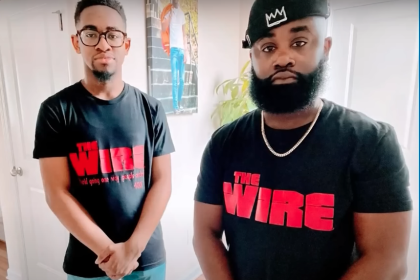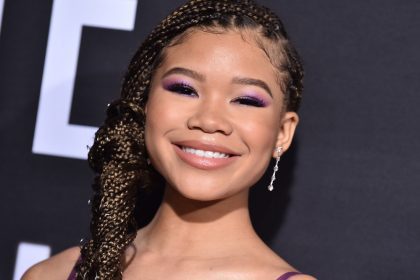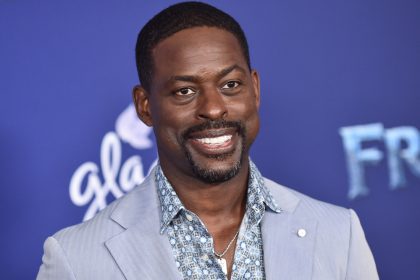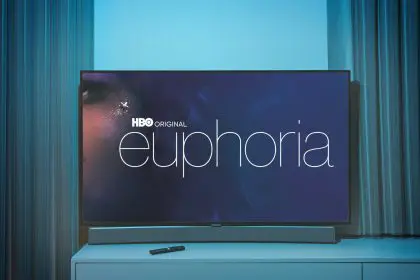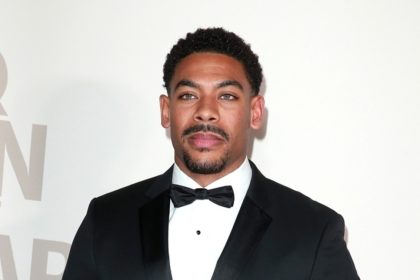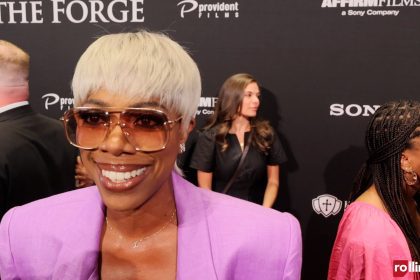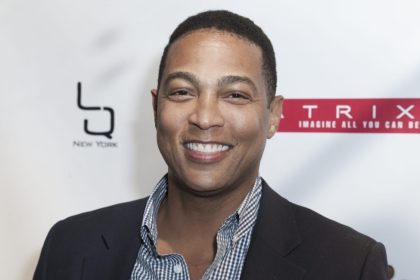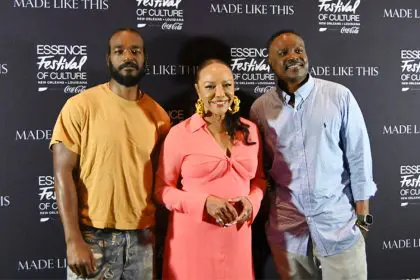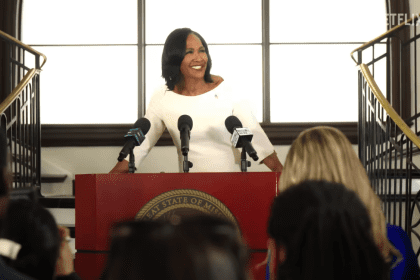Cinematographer Eric Branco brings the dynamic world of hip-hop culture to life in the second season of “Rap Sh!t,” created by Issa Rae. Branco, celebrated for his work, which includes Story Ave and Clemency, delivers a fresh perspective, elevating the storytelling experience as the series takes on a new city.
How were you able to bring Issa Rae’s vision to life in “Rap S—?”
The intimidating thing for me is that [Issa’s work and team are good]. It felt like I was stepping into an existing family. I had to quickly catch up with everyone who had years and years of experience working together and knowing each other for a long time, so I felt like the odd man out a little bit. Issa was so welcoming; the whole team was welcoming, and they made it about the work and made me feel super welcomed. The directive for me, as a cinematographer for season two, was they wanted much more energy. Season one got a lot of that through like the phones and the social media, but even toward the end of season one as the story really got going and got its legs under it, they moved away a little bit from that storytelling device. In season two, it’s in even less, so it was a matter of feeling that energy, feeling that music, and feeling all the excitement of being young, making music, getting a deal, and being on tour, and we brought that feeling to the way we shot it.
Why was it important to make this show relatable to the viewers?
That’s one of the things that Issa is amazing at, taking people’s stories that may not be on HBO and making a show for us and for the people. I remember watching “Insecure” and I would say, “That’s how I talk and speak to my friends.” I think “Rap Sh!t” is for a slightly younger crowd–people who are on social media all the time, people who are watching the latest happenings with music on social media and kind of tracking the crazy web of like, “Oh, so and so did a single with this person.”
“Rap Sh!t” feels great and feels very truthful for that world. You can see it in the responses that we’ve gotten. Artists that I like are like, “Oh, my God, did you see what happened in episode six?” It has connected with people in that world, which is great.
What is the hardest part about being a cinematographer?
The hardest part is keeping a level head. When things go wrong, people often look to me for answers. It’s not only having in my mind at the start of the day what our plan is if everything goes right but also a plan B, C, and D if things don’t go right. People look to me to have those answers and be able to disseminate that information calmly and efficiently.

